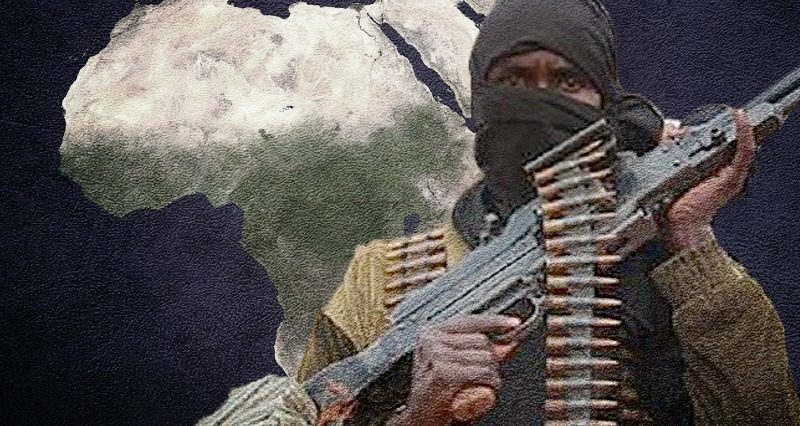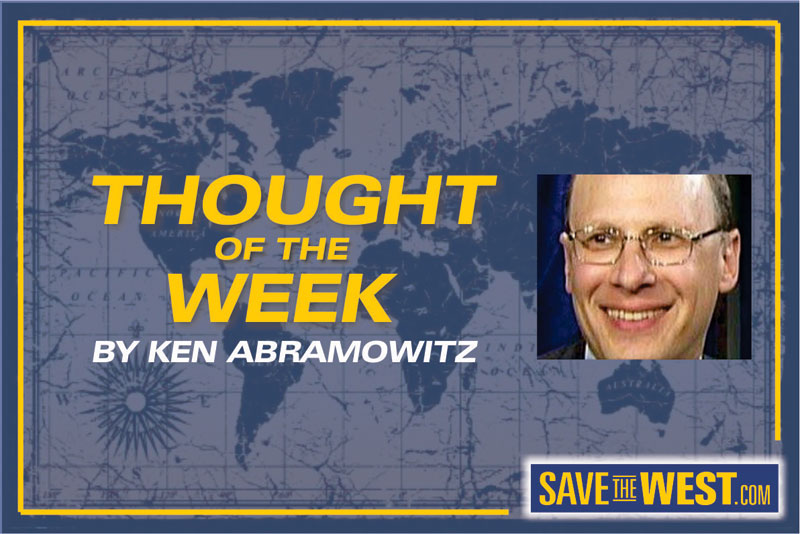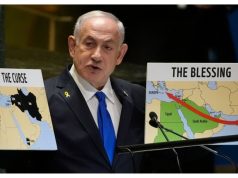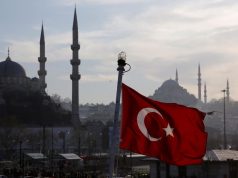.
By Ken Abramowitz, President & Founder, SaveTheWest; Research & editing by Jon Sutz
See the sources for this article and more research in the Additional Reading section.
Recent news items indicate the Trump administration is considering plans to reduce the U.S. military footprint in Africa. Judging from his previous statements regarding his reluctance to have America’s soldiers on foreign lands, President Trump’s presumed rationale is:
- That Islamic terrorists in Africa pose no threat to Americans on U.S. soil
- That it is far more important to reposition our armed forces to defend us in a conflict with the two biggest military powers, China and Russia
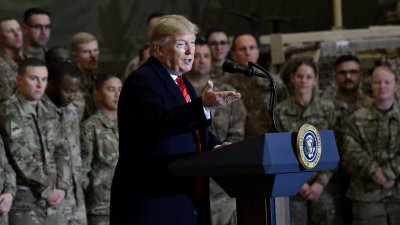
If this is indeed President Trump’s rationale, it misses ten key issues:
(1) Northern Africa is a gateway for terrorists and illicit drugs into Europe, Latin America and the U.S.
(2) African countries need help protecting themselves from highly motivated radical Islamist terrorists.
(3) The southern half of Africa is predominantly Christian, which needs help protecting itself themselves from armed jihadists.
(4) Chaos in Africa leads to refugees floods and illegal economic migration to Europe, and the U.S. This causes brain-drain that robs Africa of future economic growth.
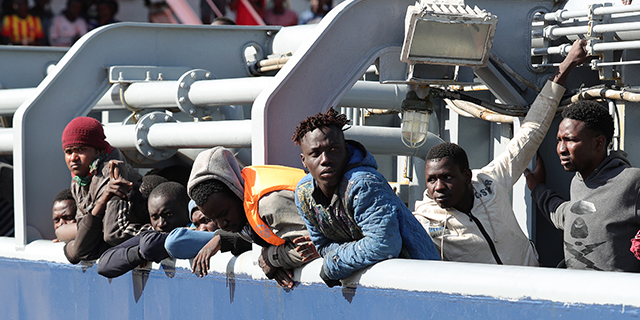
(5) Africa is on the front lines of America’s containment strategy of Islamic terrorists.
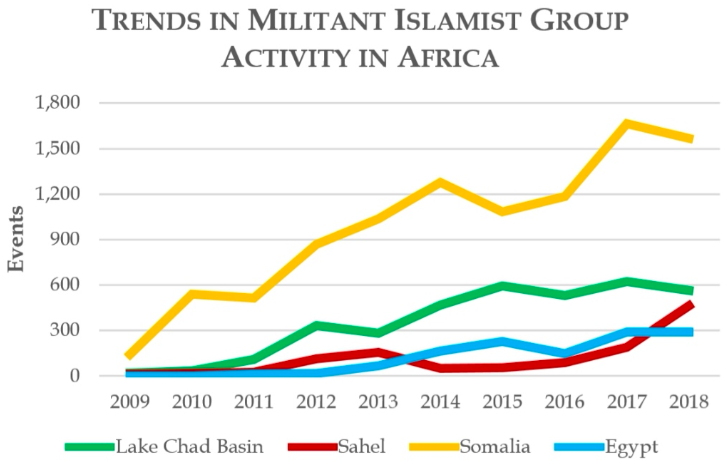
(6) Instability in Africa hurts our key allies like Nigeria, Egypt, and Morocco, among others.
(7) Russia, and China and Iran, will fill any voids that we the U.S. leave open.
(8) Any unilateral disarmament sends a signal to key enemies like Iran, competitors like China and Russia, and “frenemies” like Turkey that we can be pressured to stop protecting our allies.
(9) It is unethical for the U.S. to not help protect our numerous Christian and Muslim national allies, who generally share our values.
(10) Destabilizing Africa will eventually hurt Americans, on our homeland, 1-3 years later, through increased terror and illicit drugs.
Further reducing four already-small contingents of 7,000 soldiers in Africa is a repudiation of the Trump administration’s “America First“ strategy to firmly protect the U.S. It’s also hardly good politics, just before the November elections.
US threat to withdraw from African security efforts leaves Sahel vulnerable – The Africa Report
Plan to Cut U.S. Troops in West Africa Draws Criticism From Europe – The New York Times
Pentagon examining a reduction of the US footprint in West Africa – Military Times
Trump’s Foreign Policies Are Better Than They Seem – CFR
The Realists Are Wrong About Trump’s Plan to Withdraw U.S. Troops From Syria – Foreign Policy
Terrorism in Africa: endless war and its alternative – United World
President Trump faces raft of foreign policy challenges in 2020 – AP (via FOX6Now)
Terrorists Strike U.S. and European Forces in North Africa – The Trumpet
Europe’s Future Will Be Decided in North Africa – Foreign Policy
The Resilience of Jihadi Extremist Groups in North Africa – Global Security Review
The Butcher’s bil: Cocaine trafficking in North Africa – Global Initiative
Islamic State in Nigeria ‘beheads Christian hostages’ – BBC News
Africa’s Young Christian Communities Are Now in Islamic-Extremist Crosshairs – Hudson Institute
Refugees in Africa struggle to reach Europe as the EU says migrant crisis is over — Quartz
Migration From Sub-Saharan Africa to Europe Has Grown Since 2010 – Pew Research Center
.
.
.

